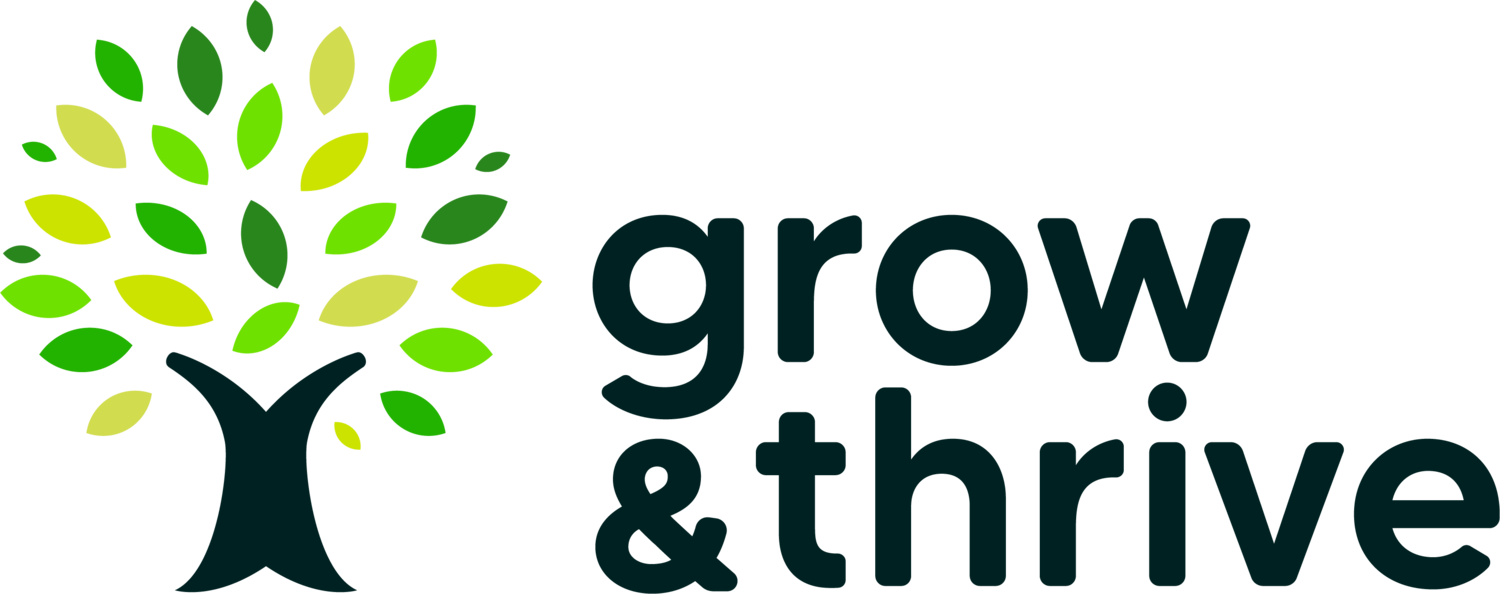Early Intervention - for Girls on the Spectrum??
Another girls and ASD post - because that's what I've been doing lots of reading and thinking about lately.
It's made me really think about Early Intervention. As SLTs we are well used to 2 year-olds coming to our clinics with possible Autism Spectrum profiles and the early intervention package setting into motion for their preschool years. There is no doubt that a joined up approach to early support for preschoolers who are likely to be on the spectrum makes a real difference to outcomes.
But, for girls with High Functioning Autism/Aspergers it can be much, much later that we start to really pull together the signs that things are slightly different for these girls. Information from the National Autistic Society indicates that girls are typically diagnosed at 12 an upwards - it can be Secondary School where challenges become really apparent. It's also not uncommon for women to be diagnosed in adulthood.
As Kate Reynolds says in this article for SEN Magazine" All research suggests that an early diagnosis of ASD, followed by appropriate interventions, will optimise the person’s life chances by increasing independence, understanding and accumulation of language and social abilities. To date, the ways in which females present with Asperger’s have not been thoroughly examined or used as the basis for diagnostic tools, which continue to be male dominated."So - if identification is later - the intervention for these young women is also later. Girls diagnosed later are missing out on Early Intervention. Sometimes, there is just no intervention available to help them - full stop. The consequences of lack of support can be profound on young women. As Reynolds also says "It is not until puberty that girls’ social difficulties become more obvious, particularly as they enter secondary school when they can become the subject of bullying or can be generally marginalised and perceived as strange. Unlike boys, they become withdrawn, depressed and quiet, rather than aggressive." This isn't to say that that this is the future for all girls - but it IS a very real risk that can have lifelong consequences.
To me, it highlights the need for support:
support for these amazing girls to understand themselves and the world around them,
to have safe spaces where they are accepted as they are and can simply be themselves,
to develop self knowledge that will help them know when, and how, to "refuel"
to have access to specialist support that will help them navigate our inherently social world,
to have help to build up their toolbox of social and communication skills for them to pull out when needed
to have people that truly recognise their strengths and gifts not just the challenges
a world that doesn't put them in a box and limit them - but which aspires for them and offer opportunities
Mentors and Role Models in the form of some of the amazing women with ASD who have beaten back the brambles before them (there are many of these invisible and amazing women)
As an Independent Speech, Language and Communication Therapist I do believe that there is more that can be done to support girls and women on the Autism Spectrum. It's why I have chosen to put "Communication" in my title as an Independent Speech Language and Communication Therapist (we are usually Speech and Language Therapists).
It's not about giving a label but its about understanding and supporting. I guess its a work in progress - and it will be individual for every young woman - but it's my real passion to see young women on the Autism Spectrum truly supported and empowered. We can't take away the mountains and valleys that have to be traversed for those girls and women on the spectrum - but we can support on the journey. They've been on the journey since Day One - lets try and realise that earlier.
Jude Philip - www.judephilip.co.ukhttps://www.senmagazine.co.uk/articles/articles/senarticles/is-autism-different-for-girls

